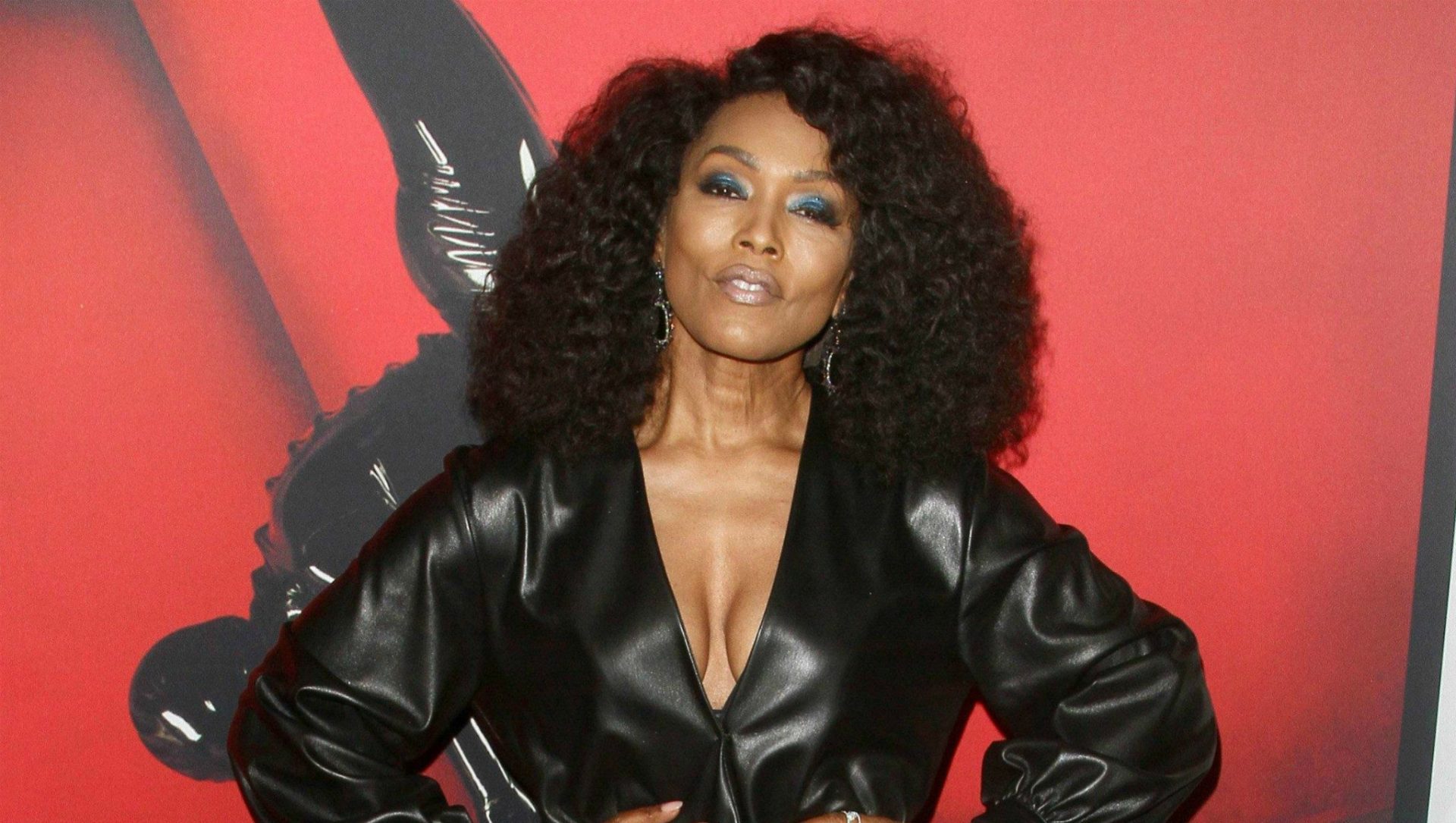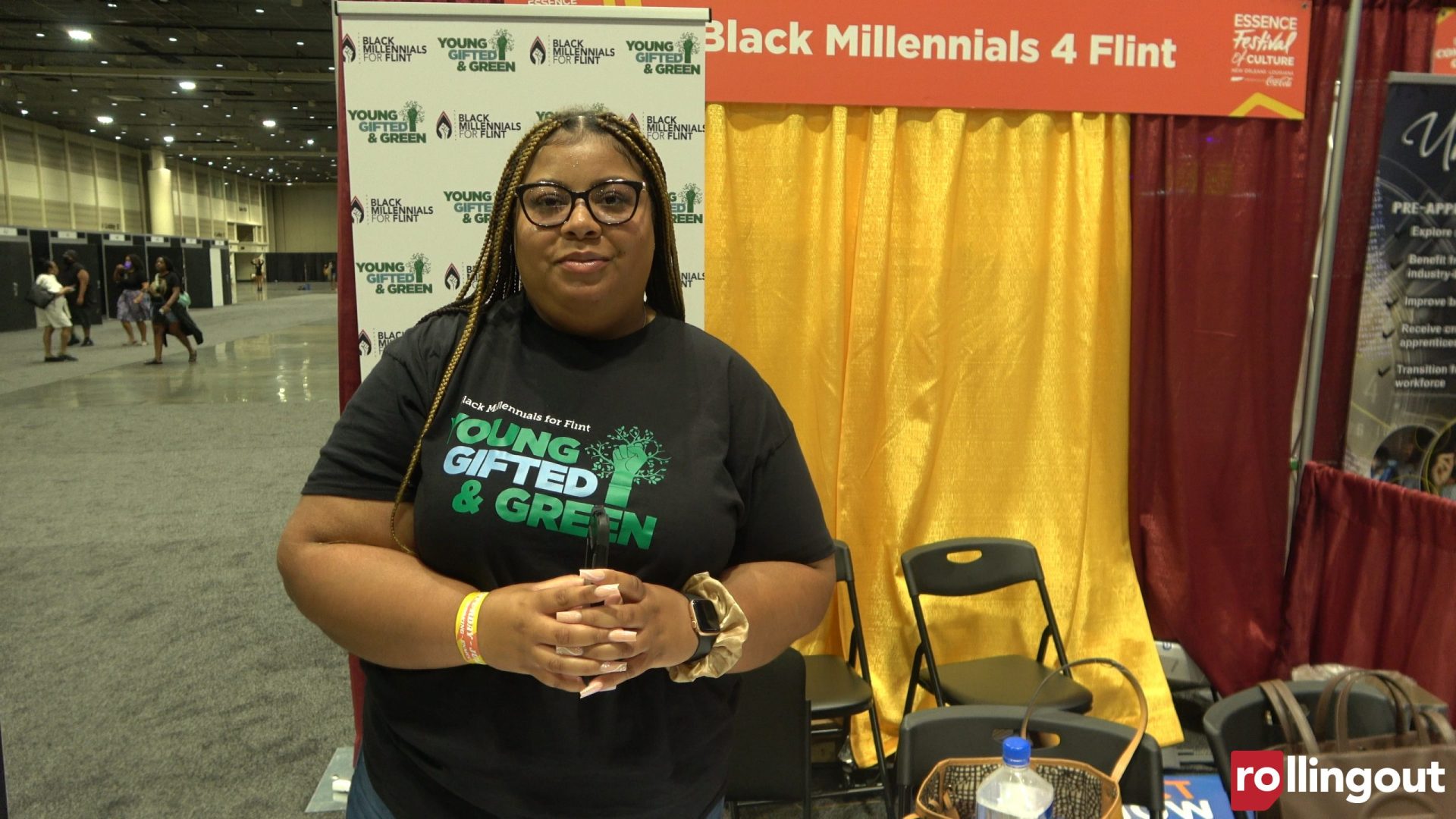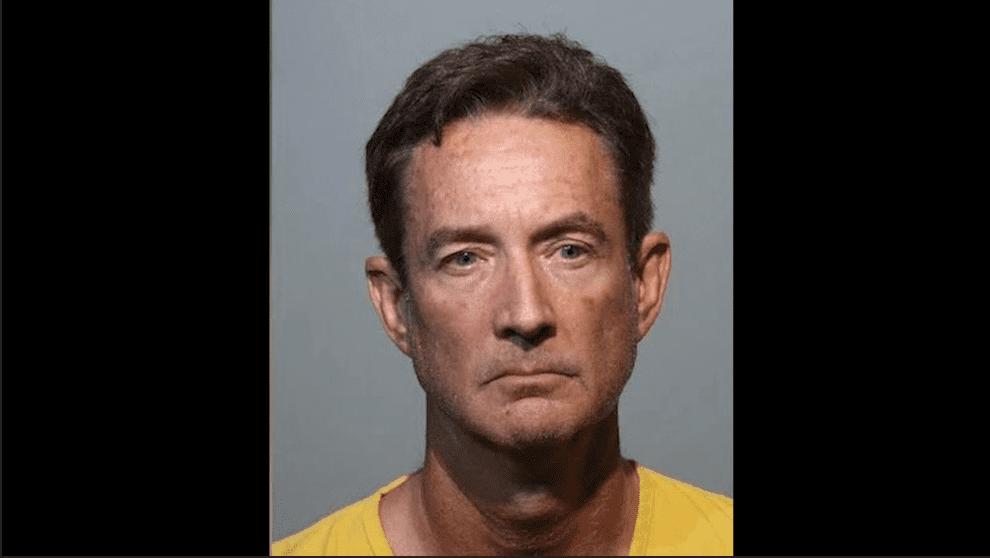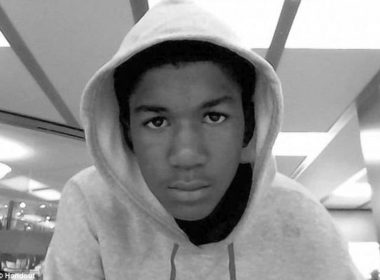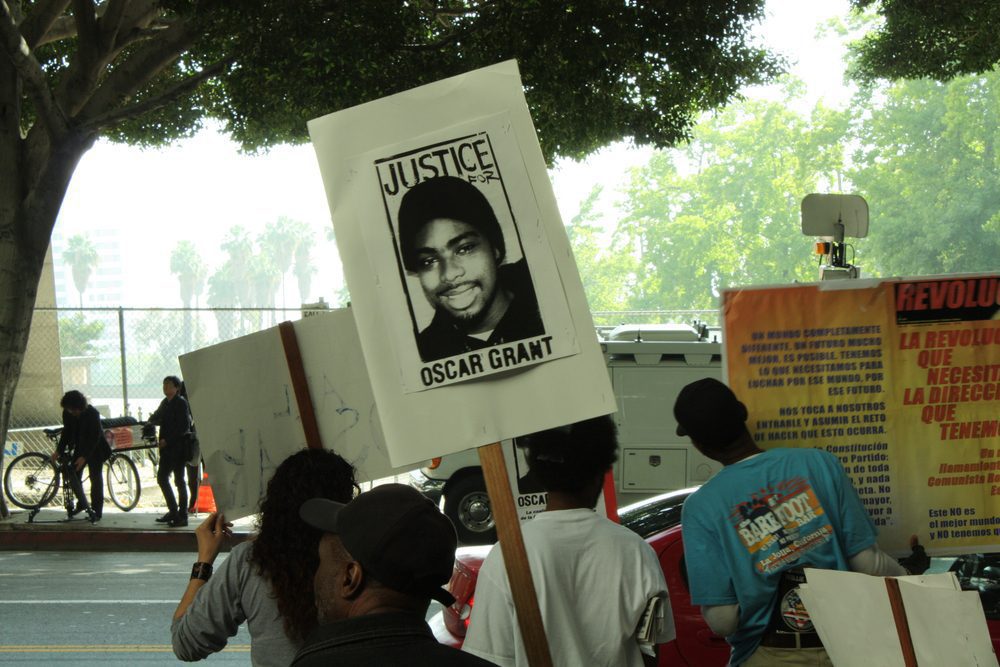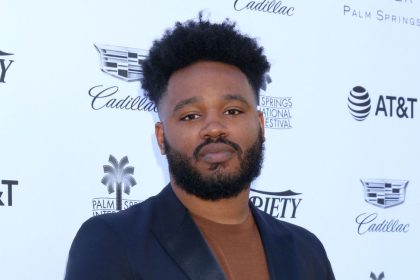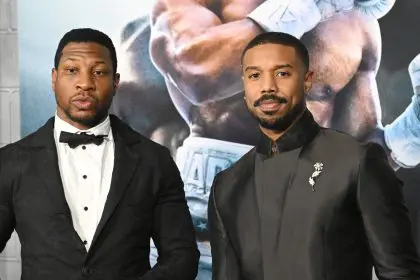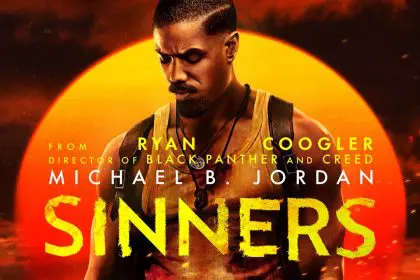
Story and direction: A.R. Shaw
Images: Phoenix White for Steed Media Service
On the night George Zimmerman was acquitted of the murder of Trayvon Martin, Michael B. Jordan experienced an all too familiar feeling. The 26-year-old actor was attending a sporting event when the verdict was announced.
“I was at the L.A. Dodgers game with my girlfriend,” Jordan revealed to rolling out. “And once the verdict was read, you could see how it affected the crowd. You could see the people in the audience, one person finding out from the next. People were just talking to one another about the verdict. After the game, I had to go to a Q-and-A session for the film. My heart was hurting so bad that I thought about skipping the interview. I didn’t know how to respond or express myself in a manner that I should have. But I sucked it up and went to do the interview. I spoke my peace. But it was hard. To look at the evidence and he’s not guilty, that’s tough. It’s really tough.”
The Zimmerman verdict was tough for millions across the nation. But for Jordan, it was a case eerily similar to the Oscar Grant murder, which is examined in his new film, Fruitvale Station.
On New Year’s Day 2009, Oscar Grant was detained by police while at the Fruitvale Bay Area Rapid Transit station. While handcuffed and unarmed, Grant was shot and killed by BART police officer Johannes Mehserle as shocked passengers recorded the incident on their cellphones and watched in horror. The case caused outrage in Oakland, Calif., and across America. However, Mehserle, who was convicted of involuntary manslaughter, only served 11 months in prison for the murder. Mehserle is currently free and attempted, to no avail, to get his conviction expunged from his record after his release.

